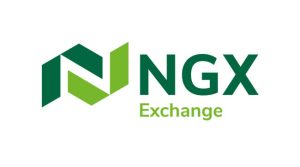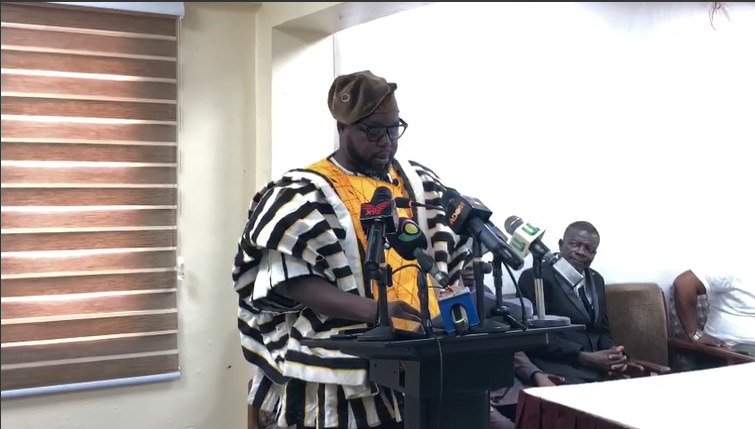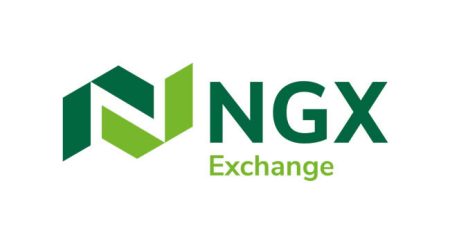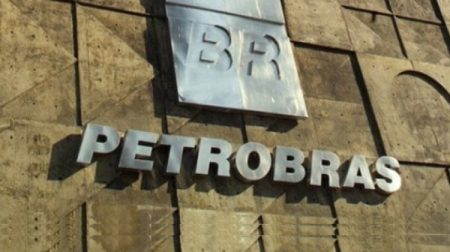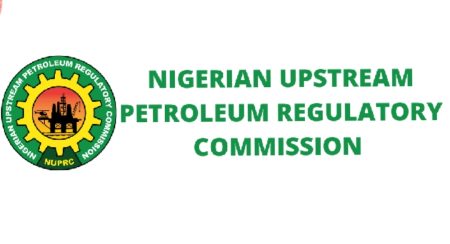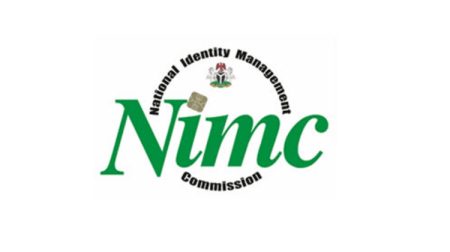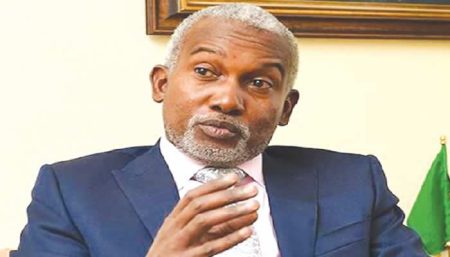The Importers and Exporters Association of Ghana has issued a strong condemnation of the ongoing contractual agreement between the Ghana Revenue Authority (GRA) and Strategic Mobilisation Ghana Limited (SML), characterizing it as a wasteful expenditure of public funds. The association asserts that the contract, which pertains to downstream petroleum operations, drains the national coffers of over $1.4 million monthly without providing any discernible benefit to the country. This expenditure, according to the association, is particularly egregious given Ghana’s current economic struggles and the fact that the National Petroleum Authority (NPA) already performs the functions for which SML is contracted. The association argues that the SML contract represents a clear case of redundancy and a misallocation of scarce resources.
The association’s Executive Secretary, Samson Asaki Awingobit, highlights the puzzling continuation of the downstream aspect of the SML contract, despite a 2024 presidential directive suspending SML’s upstream operations and a subsequent audit conducted by KPMG. This continued payment, despite the suspension of a portion of the contract and an audit investigation, raises serious questions about the government’s commitment to fiscal responsibility and transparency. The association contends that the persistence of the downstream contract, even after the issues with the upstream component came to light, points to a potential lack of oversight and accountability within the government’s contracting processes.
The Importers and Exporters Association has presented five specific demands to President Mahama and the current government in an effort to rectify what they view as a gross misuse of public funds. First and foremost, they call for the immediate termination of the SML downstream petroleum contract, arguing that its continuation is both unnecessary and damaging to the nation’s finances. Secondly, the association demands full transparency, urging the government to release not only the complete KPMG audit report but also all details of payments made to SML since 2018. This transparency, they argue, is crucial for holding those responsible accountable and for deterring similar occurrences in the future.
Thirdly, the association insists on the recovery of all monies paid to SML for services deemed redundant, unverified, or lacking supporting performance data. This demand aims to recoup funds that the association believes were effectively wasted due to the duplicative nature of the contract. Fourthly, the association calls for SML to be blacklisted and for a thorough investigation into the actions of all current and former officials involved in the contract’s creation and execution. This measure aims to expose any potential wrongdoing and prevent future abuses of power. The association believes that such an investigation is necessary to ensure accountability and deter future misconduct.
Finally, the association emphasizes the need for systemic reforms to prevent similar contractual arrangements from arising in the future. They advocate for legislation that prohibits sole-sourced contracts in public revenue assurance, mandating parliamentary oversight in such matters. This, they argue, would introduce a crucial layer of scrutiny and transparency to the contracting process, reducing the risk of future financial mismanagement. The association believes that these reforms are essential to safeguard public funds and rebuild public trust in the government’s commitment to fiscal responsibility.
The Importers and Exporters Association of Ghana underscores the urgency of these demands, stressing that full transparency, accountability, and immediate corrective action are vital not only to recoup lost funds but also to restore public faith. They assert that these are not radical demands but rather the minimum expectations of a government committed to good governance and the responsible stewardship of public resources. The association’s vocal stance on this issue reflects a growing concern about transparency and accountability in government contracting, highlighting the need for greater oversight and stricter adherence to ethical practices in the management of public funds. The association’s call for action serves as a stark reminder of the importance of safeguarding public resources and ensuring that government contracts serve the best interests of the nation.




